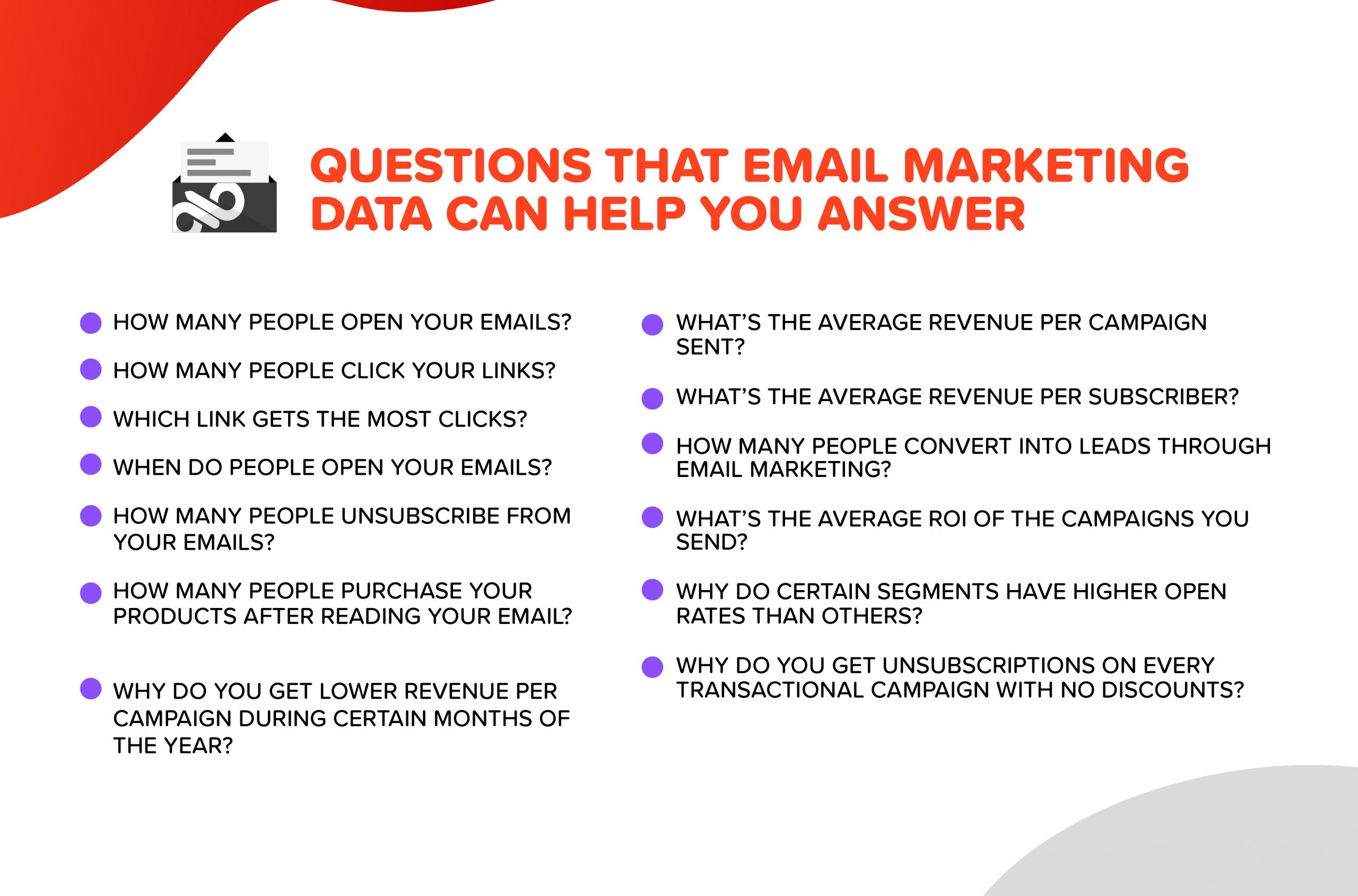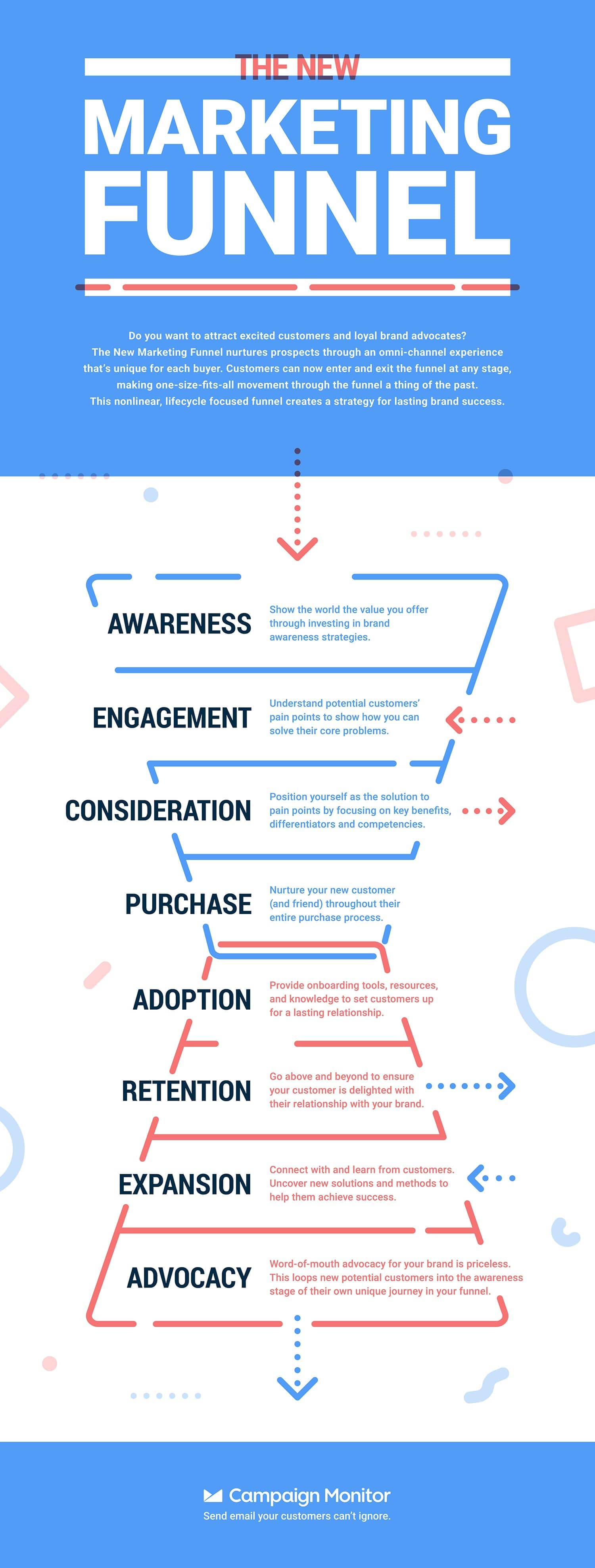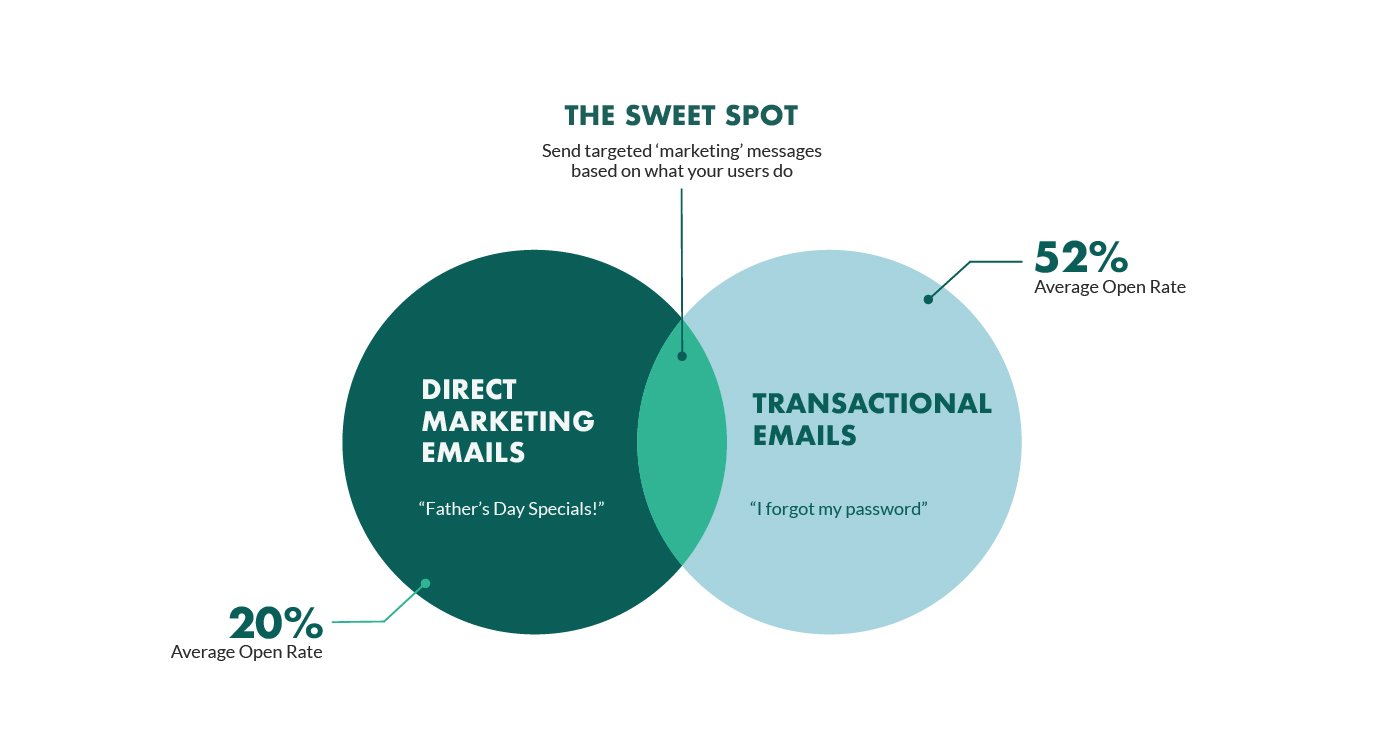Sending your email marketing campaigns from the right person can make a big difference. The sender’s name impacts how your customers engage with your emails.
Choosing the right sender for your email campaigns isn’t just a small detail—it’s crucial. The sender’s name can affect open rates and customer trust. It can influence whether your email is read or ignored. In this post, we’ll explore who should send your customer email marketing campaigns.
We’ll look at different options and their impact. This way, you can make an informed choice to boost your email marketing success. Keep reading to discover the best sender for your campaigns.
Importance Of Sender Identity
Sender identity in email marketing is crucial. It affects how recipients perceive your emails. People trust emails from recognized senders. This trust can directly impact open rates and engagement.
Building Trust
Your sender name should be familiar to your audience. Use a consistent name to build trust. This name could be your company name or a key person. Consistency helps recipients recognize and trust your emails. A trusted sender identity increases email engagement. People are more likely to open emails from familiar senders.
Increasing Open Rates
Sender identity also affects open rates. Emails from unknown senders often go unread. Recipients may delete them or mark them as spam. A recognizable sender name can boost open rates. When people see a known sender, they are more likely to open the email. This is because they associate the sender with valuable content.
Choosing The Right Sender Name
Choosing the right sender name for your email marketing campaigns is crucial. The sender name can influence open rates, trust, and customer engagement. It’s the first thing your recipients see, so it must be carefully chosen.
Personal Vs. Brand Name
Deciding between a personal name or a brand name is important. A personal name can make emails feel more human and relatable. People like to connect with other people. This approach can build stronger relationships with your customers.
On the other hand, using your brand name can reinforce brand recognition. It ensures that recipients immediately know who the email is from. This can be effective for established brands with strong reputations. It’s also helpful for businesses with multiple employees sending emails.
Consistency Matters
Consistency in your sender name is key. Stick to a single sender name to avoid confusion. Changing your sender name frequently can lead to lower open rates. People might not recognize the email and may ignore it.
Use the same sender name across all your email campaigns. This builds familiarity and trust. When recipients see the same name, they are more likely to open the email. It creates a sense of reliability and professionalism.
In summary, choose a sender name that aligns with your brand identity. Whether you use a personal name or a brand name, consistency is crucial. Keep it simple and recognizable to boost your email marketing success.
Role Of The Sender’s Email Address
The sender’s email address plays a crucial role in the success of your customer email marketing campaigns. It influences the open rate, trust, and overall engagement with your emails. Selecting the right sender email address can significantly impact how recipients perceive your messages.
Professional Email Addresses
Using a professional email address establishes credibility. Customers are more likely to trust emails from a recognizable company domain. Avoid using generic email services like Gmail or Yahoo. Instead, opt for an address that reflects your brand. For example, use “info@yourcompany.com” or “support@yourcompany.com”. This creates a sense of professionalism and reliability.
Avoiding Spam Filters
Spam filters can block your emails before they reach your audience. Using a reputable domain helps in avoiding these filters. Ensure your email address is not associated with past spam activities. Consistency in using the same email address also helps in building trust. Regularly monitor your email reputation to ensure deliverability. This practice keeps your emails out of the spam folder and in front of your customers.

Credit: www.smartboost.com
Impact Of Familiarity
The sender of your email marketing campaign plays a significant role in its success. Familiarity can greatly influence whether your emails get opened or ignored. When customers recognize the sender, they are more likely to engage with the content. This can lead to higher open rates, better click-through rates, and ultimately, more conversions.
Recognizable Names
Using a recognizable name for your email campaigns can build trust with your audience. Customers are more likely to open an email from a person or brand they know. For example, if your CEO is well-known and respected, using their name as the sender can increase open rates. Here is a comparison of different sender options:
| Sender Name | Open Rate | Click-Through Rate |
|---|---|---|
| Company Name | 20% | 5% |
| CEO Name | 35% | 10% |
| Marketing Team | 25% | 7% |
Previous Interactions
Customers are more likely to open emails from someone they have interacted with before. This could be a salesperson they have spoken to or a customer service representative who helped them. Consider these points:
- Use the name of a person they have previously engaged with.
- Highlight past interactions in your email content.
- Personalize the email to reflect their history with your brand.
For example, using a sender name like “John from Customer Support” can make the email feel more personal. This approach leverages the existing relationship to boost engagement. Customers feel valued and recognized, making them more likely to open and read your emails.
Testing Different Senders
Testing different senders in your email marketing campaigns can lead to surprising results. Who the email is from can impact open rates. It can also influence the recipient’s trust. The sender’s name can make or break your campaign. By experimenting with different senders, you can find what works best. This can help in forming better relationships with your customers.
A/b Testing
A/B testing is a simple way to see what sender works best. You can send two versions of an email. One can be from a company name. The other can be from a personal name. Track which one gets more opens. This helps you understand your audience better. It shows who they prefer to get emails from. Use this data to improve future campaigns.
Analyzing Results
After A/B testing, look at your results. Check the open rates. See which sender had better performance. Look for patterns. Did more people open emails from a personal name? Or did the company name work better? Use this information to guide your next steps. Adjust your strategies based on what you find.
Reviewing these results is crucial. It helps you make data-driven decisions. This can lead to better engagement. It can also build stronger customer relationships. Always keep testing and analyzing. Your audience and their preferences may change. Stay updated with what works best.
Credit: www.theseventhsense.com
Legal Considerations
Ensure emails come from a recognizable person or team. Avoid generic addresses to build trust with customers. Compliance with legal regulations is essential.
Sending email marketing campaigns involves legal responsibilities. It’s crucial to follow regulations. Ignoring these rules can lead to hefty fines. Let’s explore the key legal considerations.Can-spam Act Compliance
The CAN-SPAM Act sets rules for commercial emails. It gives recipients the right to stop emails. You must include a clear unsubscribe link. Use accurate “From” and “Reply-To” addresses. Avoid misleading subject lines. Always include your valid physical address. Honor opt-out requests promptly. Violations can result in penalties. Stay informed about the CAN-SPAM Act requirements.Gdpr Guidelines
The General Data Protection Regulation (GDPR) applies to EU residents. Obtain explicit consent before sending marketing emails. Provide clear opt-in options. State the purpose of data collection. Allow recipients to withdraw consent easily. Ensure data is securely stored. Include your contact information. Inform recipients about their data rights. Non-compliance can lead to severe fines. Stay updated on GDPR rules. “`Expert Opinions And Case Studies
Understanding who should send your customer email marketing campaigns is crucial. This decision can impact open rates and customer trust. Let’s dive into expert opinions and case studies to better understand this aspect.
Industry Insights
Industry experts emphasize the importance of the sender’s name in email marketing. According to a MarketingSherpa study, 68% of Americans decide to open an email based on the sender’s name. Using a recognizable name can build trust. Here are some key insights:
- Human Touch: Emails from a real person, rather than a company, often see higher engagement.
- Brand Consistency: Some brands prefer using the company name to maintain consistency.
- Role-Based Addresses: Generic addresses like “support@” or “info@” can sometimes appear impersonal.
Deciding between a personal name and a company name depends on your brand’s identity and your audience’s preferences.
Successful Campaign Examples
Many companies have tested different sender names to find what works best. Here are a few success stories:
| Company | Sender Name | Result |
|---|---|---|
| BuzzFeed | Individual Editors | Increased Open Rates by 29% |
| Airbnb | CEO Brian Chesky | Higher Engagement |
| HubSpot | Personalized Team Member Names | Improved Click-Through Rates |
These examples show that using personal names can create a more intimate connection with recipients. It also shows that testing different approaches is essential.

Credit: www.campaignmonitor.com
Best Practices For Implementation
Implementing best practices for customer email marketing campaigns can greatly enhance engagement and response rates. Ensuring your emails reach the right person and are crafted effectively is crucial. Below, we will explore some key practices that you can apply to your campaigns.
Segmenting Your Audience
Segmenting your audience is essential for effective email marketing. It allows you to target specific groups with tailored messages. Start by dividing your email list based on demographics, purchase history, and engagement levels. This helps you send relevant content to each segment.
Use tools to track customer behavior and preferences. Then, create segments like new subscribers, loyal customers, and inactive users. This way, you can send personalized emails that resonate with each group.
Personalization Techniques
Personalization techniques make your emails feel unique and relevant. Use the recipient’s name in the subject line and greeting. This small touch can make a big difference in grabbing their attention.
Go beyond names. Include personalized recommendations based on past purchases or browsing history. This shows that you understand their interests and needs.
Another effective technique is to send emails on special occasions. For example, birthdays or anniversaries. This can build a stronger connection with your customers.
Implementing these best practices can significantly improve your email marketing efforts. Remember to keep your messages clear, concise, and relevant to your audience.
Frequently Asked Questions
Who Should Send Customer Email Campaigns?
The sender should be a recognizable figure in your company. This can build trust and improve open rates.
Does Sender Name Affect Email Open Rates?
Yes, the sender name significantly impacts open rates. A familiar, trusted name encourages recipients to open the email.
Should Emails Be Sent From A Personal Or Company Name?
Using a personal name often feels more personal and trustworthy. However, it depends on your brand’s identity.
What Role Does The Sender Email Address Play?
A professional sender email address fosters trust. Avoid generic addresses like noreply@example. com to improve engagement.
Conclusion
Choosing the right sender for your email campaigns matters. It builds trust. Personalize the sender name for better engagement. Test different options to find what works best. Use a recognizable name or your brand’s name. Consistency is key. Ensure your emails feel personal and trustworthy.
This can lead to higher open rates. Remember, your sender name impacts how your emails are perceived. So, make it count.



Leave a Reply